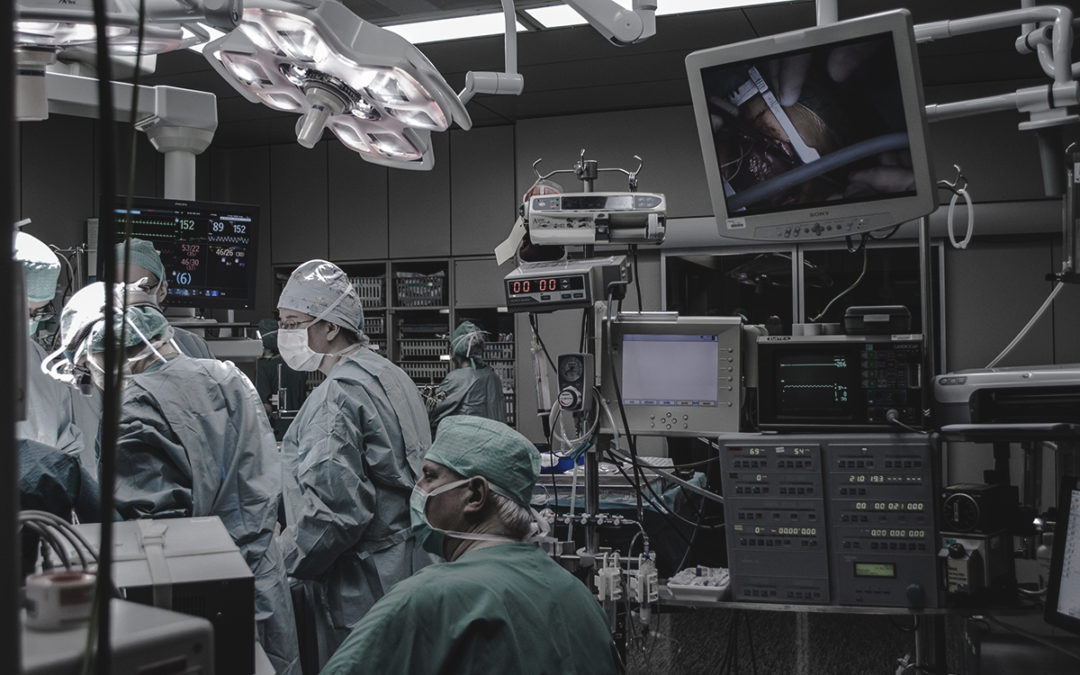Polls consistently show that more than two-thirds of American workers are unhappy and unengaged with their jobs. I think this (at least partially) stems from so many holding the mindset they are parts in a non-living corporate “machine”. Machines, of course, are created by people, and exist solely for the purposes of their owners.
One criticism of modern medical care is that caregivers too have become almost like mechanics. It is easy to fall into the trap of treating patients as if they are a physiological machine rather than a whole person—body, mind, and spirit.
Driven by modern profit motives and corporate-style management that values efficiency over human contact, medical science and the art of medicine often get reduced to a set of technical skills.
Not only does this turn doctors into something like cogs in a corporate medical machine, it dismisses the concerns of patients’ need for spiritual care and real-life relationships. I have found that patients want doctors who will treat them as a whole person instead of quickly checking their chart and dispensing advice with the efficiency of a computer-generated prescription.
A similar modern-day tragedy occurs when we have the mindset that the church is an organization. We must take care not to operate so rigidly we become machine-like in church activities.
Members of a living body are so inter-related that one lost part can never simply be exchanged. We’re not replaceable like a defective car muffler.
I can only imagine how new believers feel when a church treats them as a part of an organization rather than as a member of a living body.
We must remember that God took a big risk by choosing to make the church a body rather than an organization. A living body is naturally unpredictable. It is not robotic.
If we are meant to be a living body it must mean God wants us to be something other than a slave-like machine. He wants true relationship with us, even though giving us a free will carries inherent risks.
As a living body, we have all the implications associated with that term. Being part of a body implies vulnerability and intimacy with the other parts. This goes against American inclinations toward self-sufficiency.
God must have a reason to use a term loaded with so much intimacy. We must appreciate the core characteristics of the body of Christ, starting with the fact that it is not an organization produced and managed by humans. We are a one-of-a-kind living creation of God.
Our strength does not arise from membership numbers or political know-how, but from our interactions with each other and with the Head of the body, Jesus Christ.
The most unhelpful thing for the body of Christ is disunity. When we slide back into the top-down divisive structure found in corporations, organizations, and government agencies, we lose our strongest witness to the world.
They already know the worldly system of leadership. What they are in dire need of seeing is the body of Christ exhibiting the qualities found in living organisms, not just imitating worldly organizations.
After all, we are the body of Christ.

